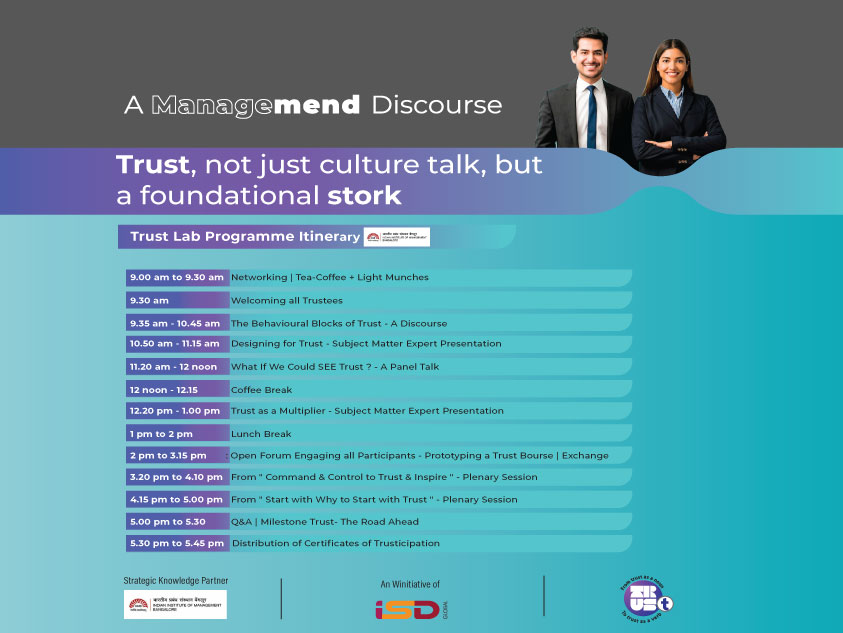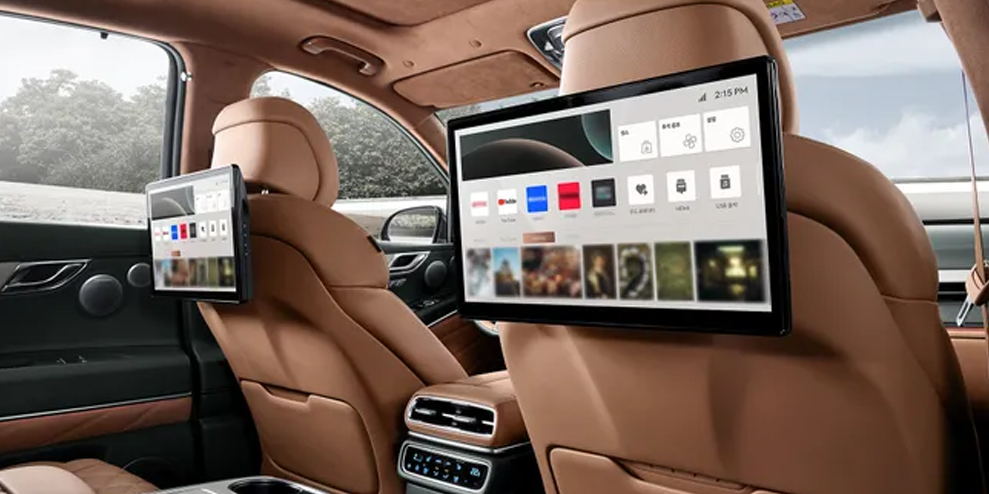It’s safe to say that technological advancements have played a crucial role in the development of the hospitality industry over the last two decades. As the founder of a digital marketing agency specializing in hospitality brands, I’ve seen firsthand how hotels have gained unprecedented levels of consumer exposure through the growth of search engines, social media and, most importantly, smartphones.
This year has only continued this evolution, marking the widespread adoption of several new technologies that have impacted the way hotels interact with their guests.
First and foremost — for virtually any industry — is voice search. Around for several years now but spiking in popularity more recently, voice search allows consumers to verbally input their query into devices like smartphones, tablets and voice assistants like the Amazon Echo or Google Home. Quick, easy and hands-free, many consumers find it favorable to typing a query using the small keypads on a smartphone.
Because of the inherent difference between verbal and written search queries, voice search has impacted hotels more than one might expect. Whereas a written search might read “luxury hotels in Beverly Hills,” a voice search reads as “What are the best Beverly Hills luxury hotels?” The more conversational nature of a voice search has forced hotels to rethink their SEO strategy, specifically which types of terms they want to be ranking for. It’s more important than ever to focus your strategy around long-tail keywords (longer and more specific) while catering to Google algorithms through associated blog content covering lifestyle, local recommendations and experiences related to the hotel.
Moving away from the booking process, technology has also inspired significant changes to the on-property hotel experience. Thanks to the steady rise of wearable technology like Apple Watches and Fitbits — plus the constant innovation of smartphones — many brands are beginning to incorporate high-tech features to improve a guest’s stay.
One of our clients, Starwood Hotels & Resorts, for instance, was the first major brand to launch keyless entry for its guestrooms in 2014, a trend that has since become commonplace for hotel brands all across the world. By downloading the resort’s mobile app, guests can use their smartphone or watch to check in at a virtual kiosk, then open the door to their room without ever touching a traditional key.
Another common feature is the virtual concierge. Apps like The Hilton Honorsallow guests to book an Uber to the hotel, order in-room dining and drinks, or request extra room features like pillows and blankets. Others, like Marriott International, let guests manage their loyalty points, access city guides, or request hotel staff to delay their check-out or hold their luggage. And not to mention, guests can receive the best available rates and exclusive benefits by booking upcoming stays within the app — and not through online travel agencies like Expedia or Kayak.
It’s the perfect microcosm of the role technology plays in today’s hospitality: part marketing, part customer service. It’s still a means for consumers to choose a hotel in the first place, but because it’s an extension of a hotel’s on-property customer service, it’s also becoming a means for them to stay loyal going forward.
The bottom line: Technology is improving the off- and online experience of staying at a hotel, which is a win-win for everyone.
–
This article first appeared in www.forbes.com
Seeking to build and grow your brand using the force of consumer insight, strategic foresight, creative disruption and technology prowess? Talk to us at +9714 3867728 or mail: info@groupisd.com or visit www.groupisd.com



